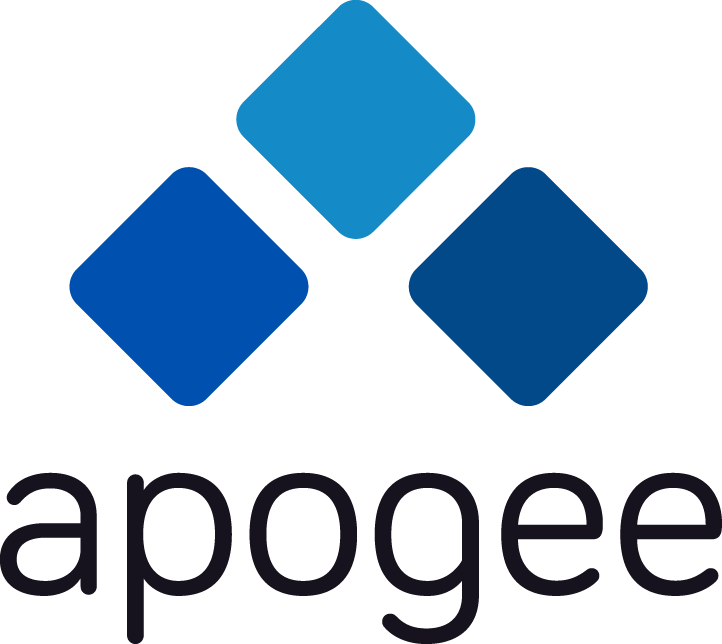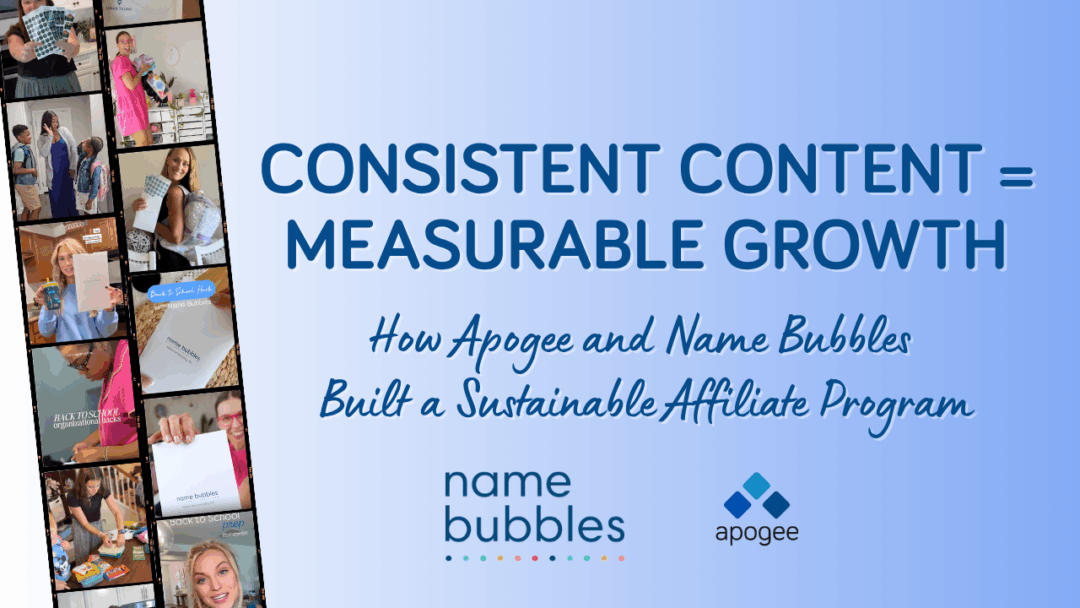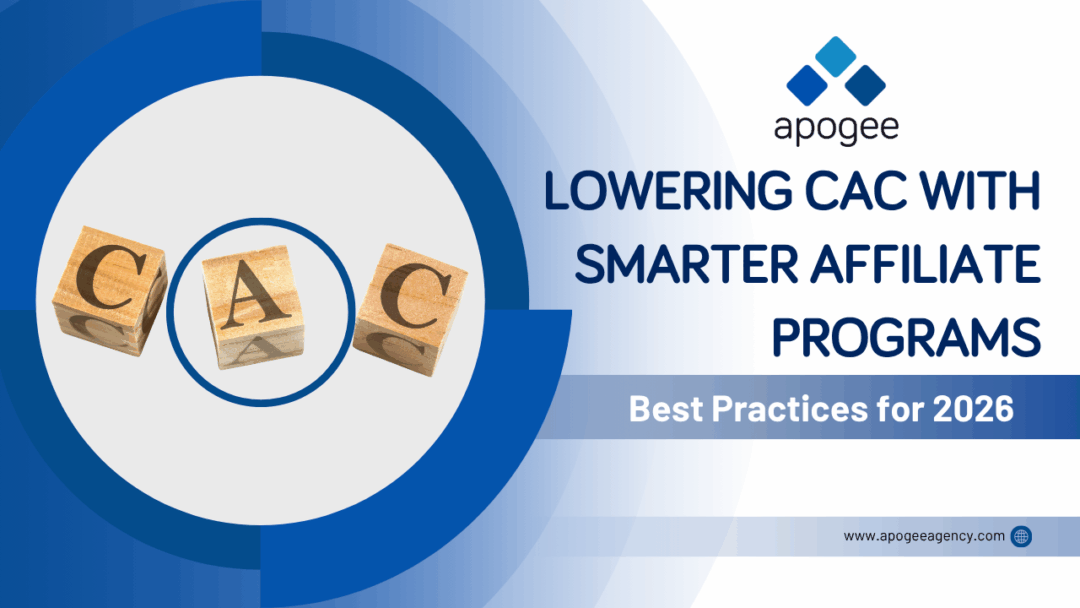
Greg Hoffman Wins Advocate of the Year 2016
January 19, 2016
Greg Hoffman Consulting Rebrands to Apogee
March 21, 2016In September 2015, I met with NFL Hall of Fame quarterback Fran Tarkenton, a man with a larger than life personality and one of the stars of a show I watched religiously in the early 1980's: That's Incredible. It was an honor to be in his presence and to listen to him talk about business and life. To say that I’m a fan is an understatement.

Available on Amazon.com
I learned valuable lessons at that meeting. The most important one is that I am, in many ways, a failure. On the way out of his office, Mr. Tarkenton handed me a copy of his newly published book, The Power of Failure: Succeeding in the Age of Innovation. I read the book and considered its lessons from the perspective of an affiliate program manager. I have failed at managing some affiliate programs but those failures taught me how to bounce back and make the next ones succeed.
My team has been very successful over the years. We have an outstanding roster of merchants, from small to very large, on the ShareASale and CJ Affiliate networks. These programs generate millions of dollars in revenue and we pay affiliates hundreds of thousands of dollars each year. We speak at Affiliate Summit and we have won industry awards for our efforts. But we have failed to make every program we have managed a true success.
I have loved this job for more than ten years, but failing with a program is a low point. Even though I know that not every program can make it, failure never feels good. And I warn prospective clients about the risks before I take them on. Not every program will succeed.
Where have I failed and what lessons did I learn along the way? I ran the numbers. Since I started taking on my own clients, I can say with confidence that they fall into three basic categories:
- Programs that failed because of low to no conversion
- Merchants that truly did not understand or value affiliate marketing
- Contracts that were ended because of disagreements in strategy or vision
Conversion
In the early years, I took on too many programs that had great ideas but no proven conversion. A total of 60% of my failures as an affiliate manager were because the affiliate channel did not produce enough sales to justify its existence. Some of these programs started with zero sales and ended with zero sales. Some of them had glimpses of hope with blips on the radar but then the conversion just disappeared. Thankfully, that was a lesson learned early in my career.
A large part of what my team does is affiliate recruitment and motivation. We work to educate affiliates, and they, in turn, give us insight as to what works for them. The goal is increased traffic to their sites, but once that traffic gets to the merchant site, it's out of our hands. We advise our clients on ways to evolve, we pass along strong suggestions from affiliates that understand conversion, but sometimes we fail to convince the client to make those improvements. There are no guarantees in this business.
Today, I would not take on the type of program that is eight months old and hasn't registered a sale in thirty days. Merchants that demonstrate little or no understanding of the channel, and do not seem willing to implement suggestions to improve conversion, will almost surely part ways with us sooner or later. I don't want to waste the time and money on “hope”.
Misunderstanding
Many merchants launch programs with a misunderstanding of how affiliates work or what it takes to properly nurture growth in the channel. Despite many suggestions and lots of hard work, 20% of my failures are merchants that ended up leaving affiliate marketing frustrated. The programs could have yielded high sales from tons of active, relevant and happy affiliates. But if a merchant has a pre-conceived notion that affiliates do not add value, or has an unreasonable expectation about the amount of time it takes for affiliates to get active, or an unreasonable expectation about the rate of growth, it's hard to change their minds. I know I have missed opportunities along the way to better educate them about the long-term benefits of a well managed program. I can't give up on these types of merchants but for the sake of the affiliates that do well with them, I need to do more to manage expectations and keep them satisfied.
Disagreements
Finally, we have had contracts that ended, by one party or the other, for various reasons. I've ended about 10% and they’ve ended about 10%. These are programs that still exist and are either not managed, managed in-house or managed by another agency. Our contractual terms came to an end and we moved along. I failed to make the right connections or the right impressions in many of these cases. Sometimes personalities have clashed and it was the right thing to do. Honestly, some thought I was a jerk or vice versa. I'm always going to look out for my affiliates first and foremost, and while I won’t name names, not every client I’ve ever managed thought that was a very good strategy.
Education
The takeaway from all of these failures is education. I always need to find new ways to educate myself and the team but learning by failure is an important part. As Mr. Tarkenton says in his book:
“Failures” like [this] are a fact of business life, but knowing when to shut something down—a project, a product, a business—is not a failure, it is what successful enterprises and their leaders do.
So, yes. I am, in many ways, a failure. But I’ve learned from it and I’m better for it. And that makes all the difference.

This article predates the transition to Apogee and may contain outdated references or links. We apologize for any inconvenience this may cause.




